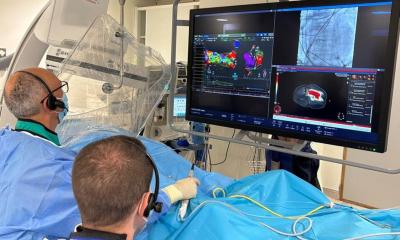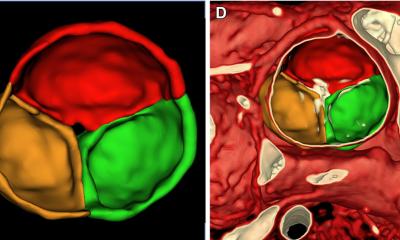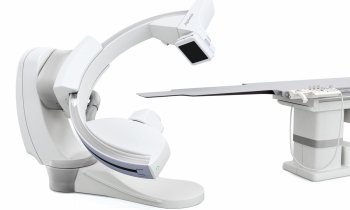Article • Gender solidarity
EPIC support for women in electrophysiology and cardiology
An all-female satellite symposium during the Europace-Cardiostim Congress (EHRA 2017) in Vienna managed to turn quite a few heads. In the panel, the women discussed a very special alliance.
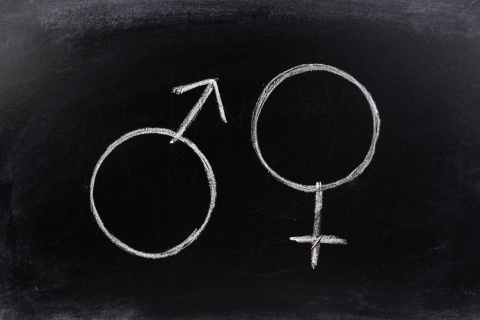
‘We are now in an era where patients with implantable devices – not just pacemakers, but also cardioverter defibrillators – can undergo MRI scanning. Although there are still open questions, we no longer have to exclude these patients from this very important imaging technology,’ said Seattle-based cardiologist Professor Jeanne E Poole, during the Europace-Cardiostim Congress (EHRA 2017) in Vienna. While discussing implantable devices and MRI is not unusual at a scientific congress, the satellite symposium ‘Clinical Decision Making in Electrophysiology/Arrhythmias’, chaired by Professor Poole, differed from other such events in one particular way: the panel was all-female. This symposium was organised by the Electrophysiologist International Community Alliance (EPIC Alliance).
Founded in 2010, the EPIC Alliance aims to advance career opportunities for women in electrophysiology and cardiology. The network currently includes 250 women electrophysiologists and cardiac device specialists internationally. ‘It is focused on helping women achieve a pathway in electrophysiology equally as successful as men,’ Poole pointed out.
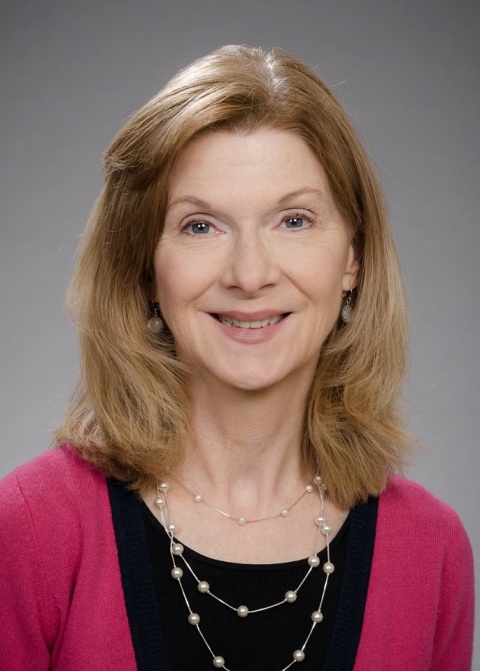
First and foremost, the founders of the EPIC Alliance wanted to create a network for women working in electrophysiology and cardiology. ‘Globally, we did not know each other; many of the female electrophysiologists and cardiac device specialists had not met women from other countries working in this field,’ Poole explained during our interview.
Today, EPIC Alliance activities have moved far beyond the initial networking aspect to provide members with an array of professional development opportunities. Members are supported in submitting abstracts and organising symposia at conferences; experienced mentors share their knowledge and support young and upcoming physicians; the alliance also organises meetings and networking events for members to gather at global and local levels. ‘The EPIC Alliance is the most successful organisation supporting women in our field, in which very few women work,’ said Poole, estimating that only about 10 percent of all electrophysiologists and cardiac device specialists are female.
Women, she surmises, may be put off by the two to three years of additional training and by extremely long working hours, two factors that appear to be irreconcilable with motherhood and family. However, Poole herself provides a convincing example that a satisfactory work/life balance can be achieved. ‘But,’ she underlines, ‘we do need role models and we must ensure women are visible at scientific congresses.’
Male colleagues, she added, would also benefit from a sustainable work/life balance: ‘We are all just human beings working in a very exciting speciality.’
30.08.2017




